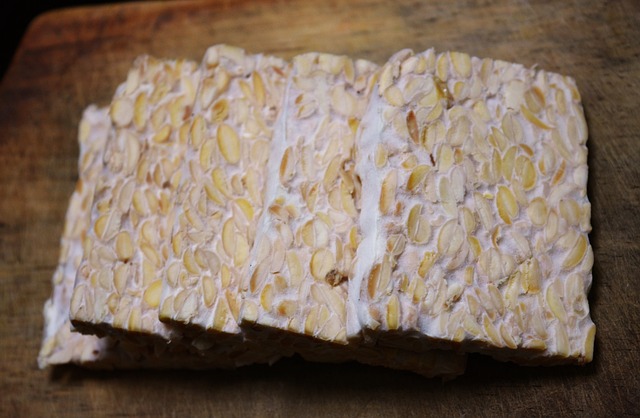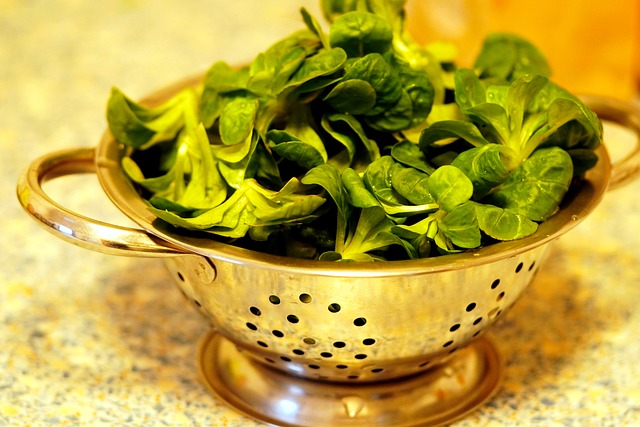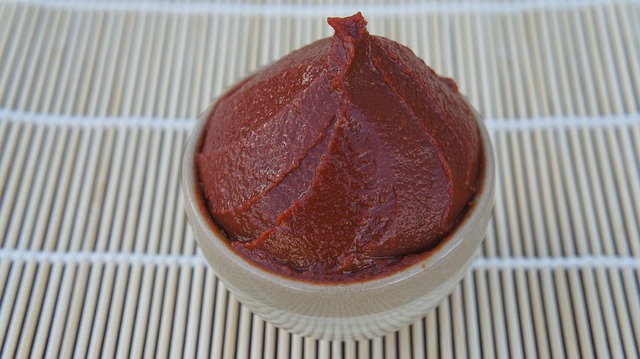As winter transitions into summer, it’s crucial to adapt our diets for overall well-being. Embracing gut-friendly foods becomes paramount, considering the gut’s pivotal role in immune support and digestion. In this seasonal transition, we present seven delicious and digestive health-boosting foods. These nutritional powerhouses aim to strengthen your gut microbiome, laying the groundwork for a healthy and vibrant transition into the upcoming sunny days. So what are you waiting for? Let’s continue and see what kind of gut-friendly foods are listed. Are they even tasty or not?
Gut-Friendly Food You Must Add To Your Diet As Winter Transitions Summer
The human digestive system works extra shifts through the summer months, enabling a healthy body and especially well-maintained gut. As we transition from winter’s cold to the impending warmth of summer, the importance of prioritizing gut-friendly foods becomes evident. This thoughtfully crafted list introduces seven nutritionally potent culinary delights strategically chosen to strengthen the nuances of your gut microbiome. Thus establishing a resilient foundation for a healthful and vibrant journey into the sun-soaked days ahead. Immerse yourself in this culinary panorama not just for taste but also to actively support the proliferation of a thriving and sophisticated gut ecosystem.
Kimchi

Kimchi, a gut friendly food, stands as a potent elixir for gut health! Also, a sophisticated fusion of fermented vegetables in Korean cuisine, it delivers a complex array of probiotics, prominently featuring Lactobacillus. These probiotics play a pivotal role in maintaining the delicate balance within the gut microbiome, actively enhancing digestive processes, optimizing nutrient absorption, and fostering overall well-being in the digestive system.
Adding to its therapeutic qualities, kimchi’s rich fiber content creates an environment conducive to the flourishing of beneficial gut bacteria. Complemented by its diverse antioxidants orchestrate subtle anti-inflammatory effects that intricately contribute to gut fortification.
Tempeh

Tempeh, absolutely a gut friendly food, goes by as a complex result of fermented soybeans. The dish is also known for its rich nutritional composition and distinct fermentation method. Loaded with a well-balanced combination of probiotics and prebiotics, Tempeh orchestrates a symphony to foster a resilient gut microbiome, encouraging the proliferation of beneficial bacteria. Its intricate fermentation not only boosts nutrient absorption but also systematically breaks down compounds that could challenge digestion.
With a substantial content of dietary fiber, tempeh adeptly regulates regular bowel movements, contributing to overall digestive wellness. The probiotic abundance within Tempeh establishes a harmonious equilibrium in gut flora, enhancing digestive efficiency and strengthening the immune system. Incorporating Tempeh into your dietary routine goes beyond mere culinary pleasure. It becomes a sophisticated and flavorful approach to comprehensive well-being.
Green Leafy-Vegetable

Green leafy vegetables are the best example of gut-friendly food, proven they help control problems related to the gut. Vegetables like spinach and broccoli play a crucial role in enhancing gut health due to their diverse nutrient composition, including fiber, vitamins, minerals, and antioxidants. This combination fosters a conducive environment for a flourishing gut microbiome, promoting the growth of beneficial bacteria.
The inherent fiber serves as a prebiotic, intricately supporting probiotics and maintaining a delicate balance within the microbial environment of the digestive system. Simultaneously, the antioxidants in these vibrant vegetables not only alleviate inflammation but also serve as vigilant protectors for the delicate gut lining.
Onion

Onions, as a gut friendly food, owe their efficacy to fibers like inulin and fructooligosaccharides. These nourish beneficial gut bacteria, fostering a balanced microbiome. Onion’s essence, rich in sulfur-containing compounds like allicin, exhibits anti-inflammatory and antioxidant properties.
Thus promising to alleviate gut inflammation and enhance digestive well-being. Seamlessly integrating onions into your diet fortifies a resilient and balanced gut ecosystem, supporting enduring gastrointestinal health.
Miso

Miso, a Japanese soybean seasoning fermented with salt and koji, is a potent ally for gut health. Laden with probiotics and enzymes from fermentation, miso fosters a flourishing gut microbiome, crucial for digestive balance. It also improves nutrient absorption and fortifies pathogen defenses.
The fermentation simplifies compound digestion, aiding nutrient assimilation. Beyond enhancing culinary creations with its umami infusion, Miso proves a flavorful choice for supporting gut health. Including Miso in your dietary routine serves as a savory and strategic approach to promote comprehensive digestive well-being.
Yogurt

Enriched with probiotics such as Lactobacillus and Bifidobacterium, yogurt is a powerful companion for maintaining gut health. These microorganisms contribute to equilibrium in the gut microbiome by supporting beneficial bacteria and inhibiting harmful ones.
In addition to assisting those with lactose intolerance, yogurt’s lively live cultures not only improve nutrient absorption but also strengthen the immune system. Yogurt emerges as a delightful and adaptable option for promoting overall well-being through comprehensive gut-friendly support.
Chia Seeds

Chia seeds, characterized by their copious dietary fiber content, undergo a transformative gelation process within the gastric milieu after being ingested. This intricate metamorphosis serves as a catalytic mechanism.
Thus acting as a prebiotic agent to foster the proliferation of beneficial bacterial populations within the intricate ecosystem of the gastrointestinal tract. Additionally, the inherent constituents of fiber present in chia seeds play a pivotal role in contributing substantially to the mitigation and amelioration of constipation.
In essence, diversifying your diet with gut-friendly foods, including kimchi, tempeh, green leafy vegetables, onions, miso, yogurt, and chia seeds, is a strategic investment in overall well-being and health.



